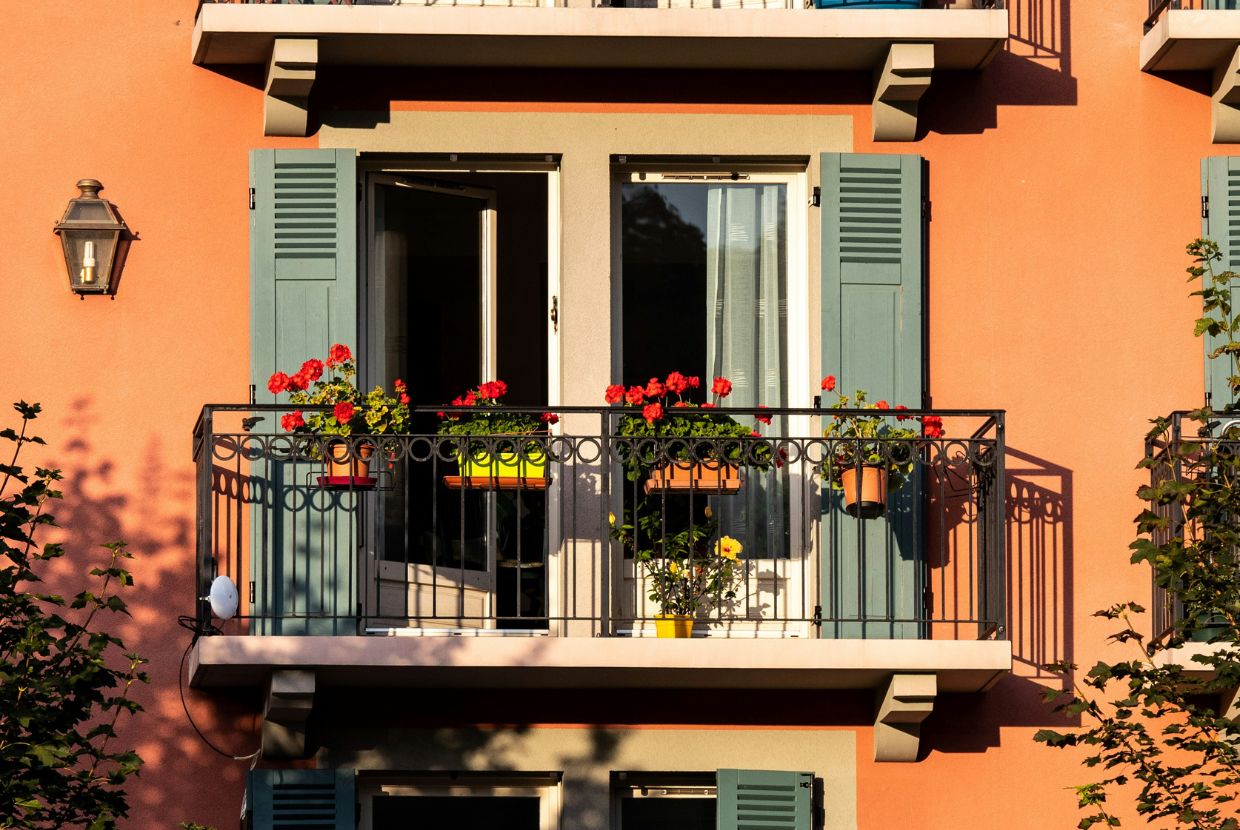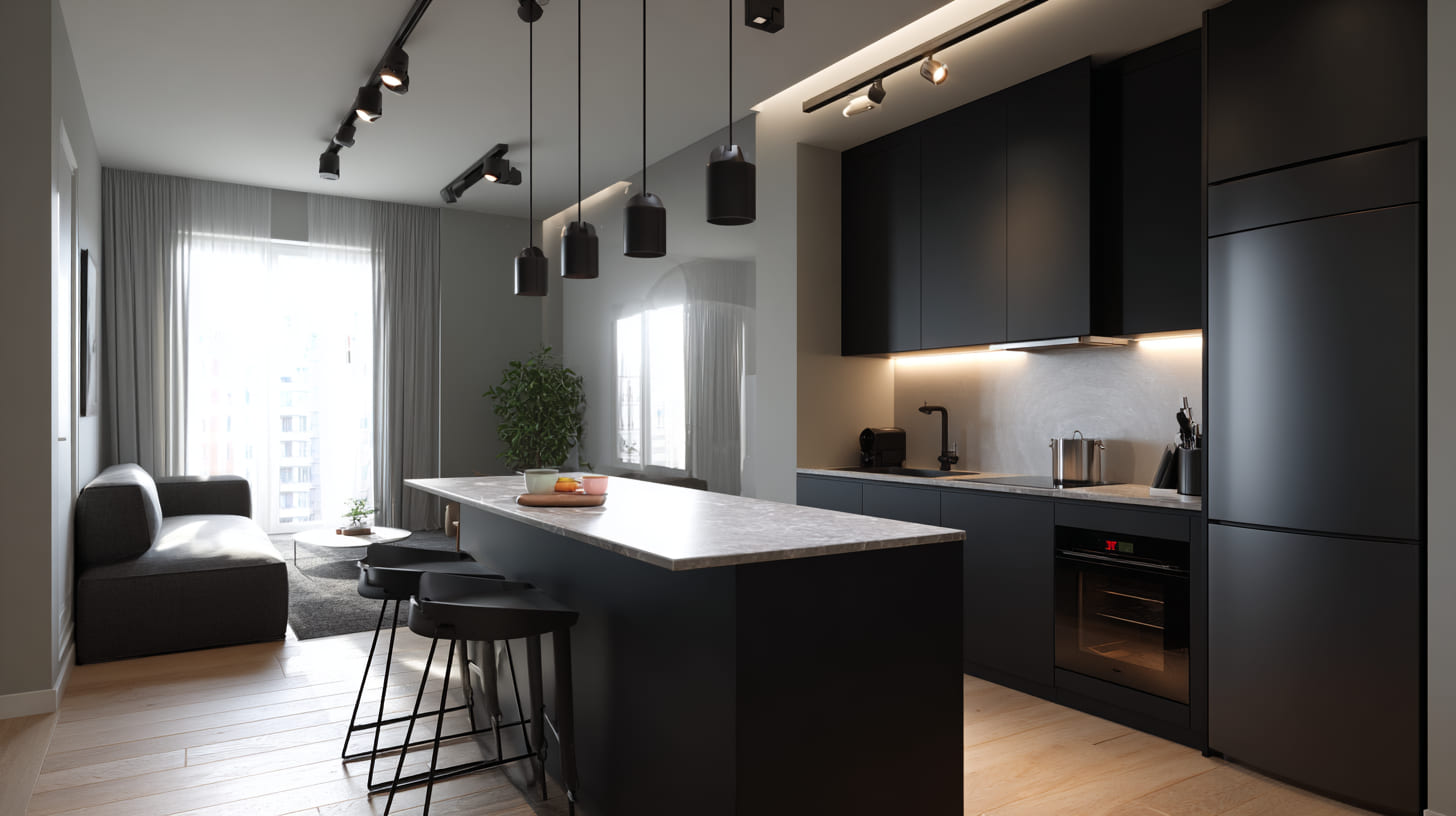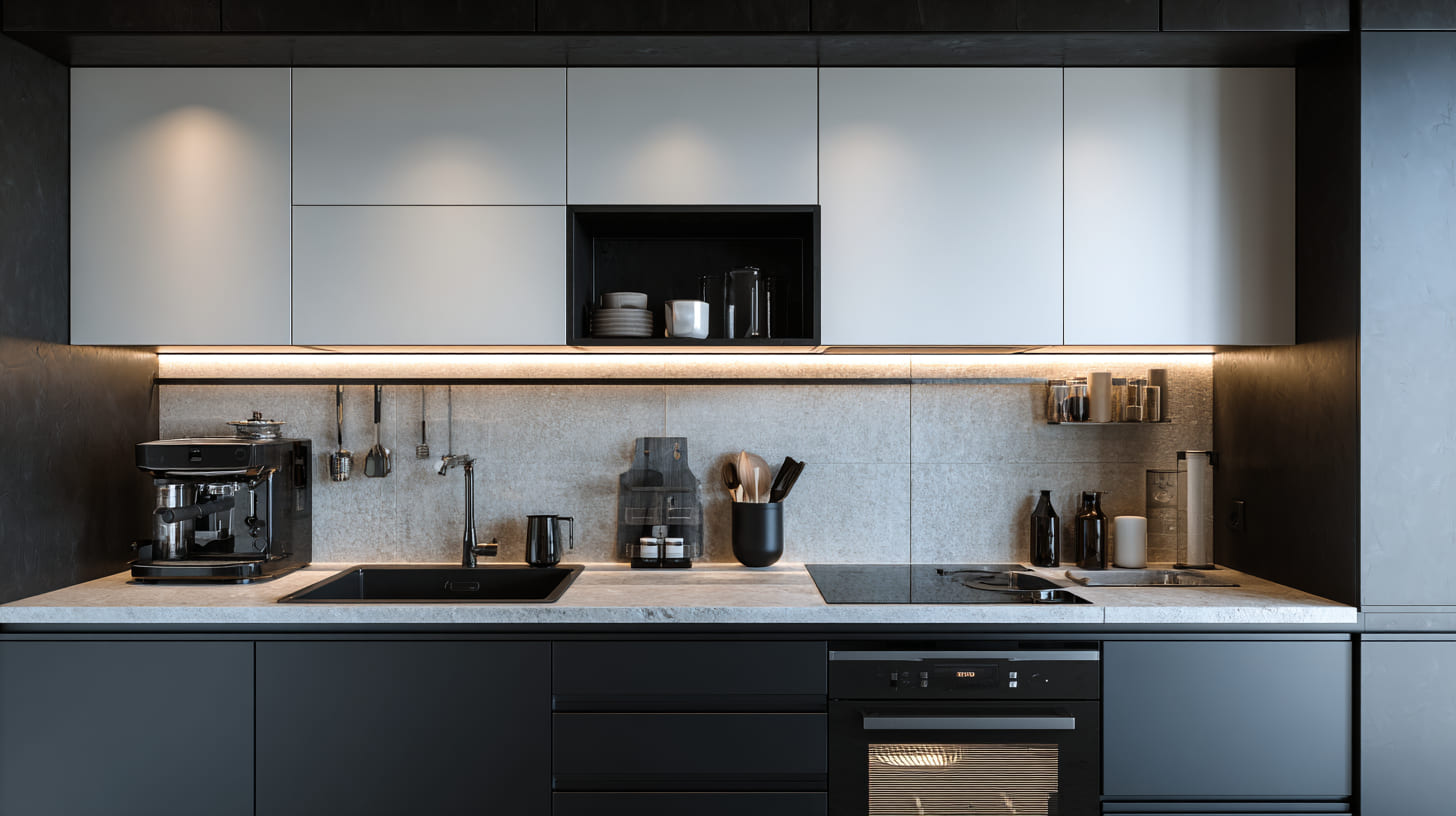When you're considering renovations in Mallorca, it's normal for questions to arise. And one of the most common concerns whether or not a building permit is required for terraces and balconies. These outdoor spaces, which often seem like simple annexes of the home, can be transformed into highly usable spaces: from a green corner to an enclosed area to gain some usable space. But beware, acting without the proper permits can cause you more than a few headaches, both legal and financial. Therefore, here we clearly explain what is permitted, what isn't, and how to do things right from the start.
What the urban planning regulations and the community of neighbors say
Before moving a single brick, it's important to understand what's allowed and what's not. Each municipality has its own urban planning regulations, and if you live in a building, you also have to take into account the bylaws of the homeowners' association. The Horizontal Property Law regulates the common elements of the building, including terraces and balconies if they are part of the façade.
Do you have a private terrace? Even if it's yours to use, it's still a common element. This means that any changes that affect its exterior appearance or structure require community approval and, of course, a building permit for terraces and balconies from the relevant city council.
What reforms can be made without requesting a license?
Not everything requires a visit to the counter. There are minor renovations that can be done without the need for a building permit for terraces and balconies, as long as you don't modify the aesthetics or structure of the building:
- Place planters, plants or outdoor furniture.
- Install awnings or umbrellas that can be easily removed.
- Decorate with textiles, string lights or similar.
- Change or repair the floor, as long as you don't change the height or type of material.
Even if they seem like minor things, it never hurts to check if there are any internal rules in your community that limit certain changes, no matter how simple they may seem.
Works that do require a permit
When it comes to more serious changes, a building permit for terraces and balconies is required. We'll explain the most common cases.
Close the terrace or balcony
One of the most popular renovations in Mallorca is enclosing terraces. Whether with aluminum, glass, or both, this solution improves insulation and allows you to use the space year-round. However, it involves a visible modification to the facade and therefore requires several steps:
- Unanimous community approval.
- Technical project drawn up by an architect or surveyor.
- Application and approval of a building permit for terraces and balconies at the city hall.
Expand the interior surface
Integrating part of the terrace into the home to increase square footage is also on the table for many renovations in Mallorca. But be careful: this involves modifying the building capacity and requires compliance with the General Urban Development Plan. In short, you absolutely need a permit.
Install fixed elements
Would you like to install a roof, permanent latticework, or fixed glass curtains? Any element that affects the façade falls under the category of major construction. This means that a building permit for terraces and balconies is required.
How to apply for a building permit
To process a building permit for terraces and balconies, you must follow some fairly clear steps. Skipping any of them can result in a fine, so it's best to be on the safe side:
- Check local regulations: Each municipality has its own rules, and not all require the same things. The first thing to know is whether your work is classified as minor or major.
- Request community approval: If the change affects common elements, it must be approved by the neighbors at a meeting.
- Commission a technical project: For major projects, a certified architect or technician must draft the project.
- Apply for a permit from the city council: Bring all the necessary documentation, pay the fees, and wait for a response.
- Don't start without permission: It seems obvious, but it's tempting to jump the gun. Don't do it. Wait until you have the official OK in writing.
What happens if you do work without permission?
Launching into renovations without a building permit for terraces and balconies can be very expensive. Fines can exceed €30,000, depending on the municipality. What's more, you could be forced to return the space to its original state. And that hurts both your wallet and your spirit.
Another common problem is that if the community didn't approve the construction, they may legally require you to remove it. And when you want to sell or rent, undeclared construction can ruin the deal or reduce the value of your home.
Types of licenses and how much they cost
The license you need depends on the magnitude of the work:
- Minor works: These are the simplest renovations, which do not affect the structure or common elements. Processing is faster.
- Major work: This includes enclosures, extensions, or structural modifications. This requires a technical project, a specific license, and sometimes approval from a professional association.
Fees vary by city, but are typically calculated as a percentage of the project budget. You may also have to pay the ICIO (Tax on Constructions, Installations, and Works), so keep this in mind when calculating.
Legal alternatives if you can't close
What happens if your community doesn't approve the enclosure? There are alternatives that can improve comfort without getting into trouble:
- Sliding glass curtains without fixed profiles.
- Retractable bioclimatic pergolas.
- Mobile panels made of aluminum or wood.
These types of elements, since they do not permanently alter the façade, often only require prior notification to the city council, rather than a formal permit.
What if I already did the work and nobody said anything?
There's a common misconception that if a period of time passes and no one files a claim, the work is automatically legalized. The reality is a bit more complex. In some cases, the administrative statute of limitations applies (usually between four and six years), but that doesn't mean the change is legal. And if the community didn't approve it, it can be challenged up to five years later.
Therefore, if you're considering making changes, it's best to follow the legal path from the start. Obtain your building permit for terraces and balconies and avoid any setbacks later.
Tecnic Project: reforms with legal support
At Tecnic Project we have been working for years in renovations in Mallorca, including enclosures and work on terraces and balconies. We take care of everything: from design and legal procedures to final implementation. If you have a project in mind, contact us. We'll help you transform your space with all the legal guarantees, so you can enjoy it worry-free.




